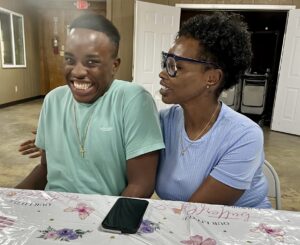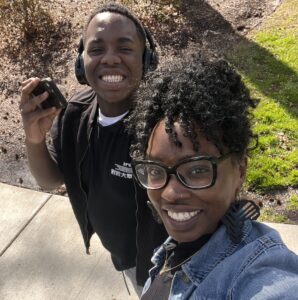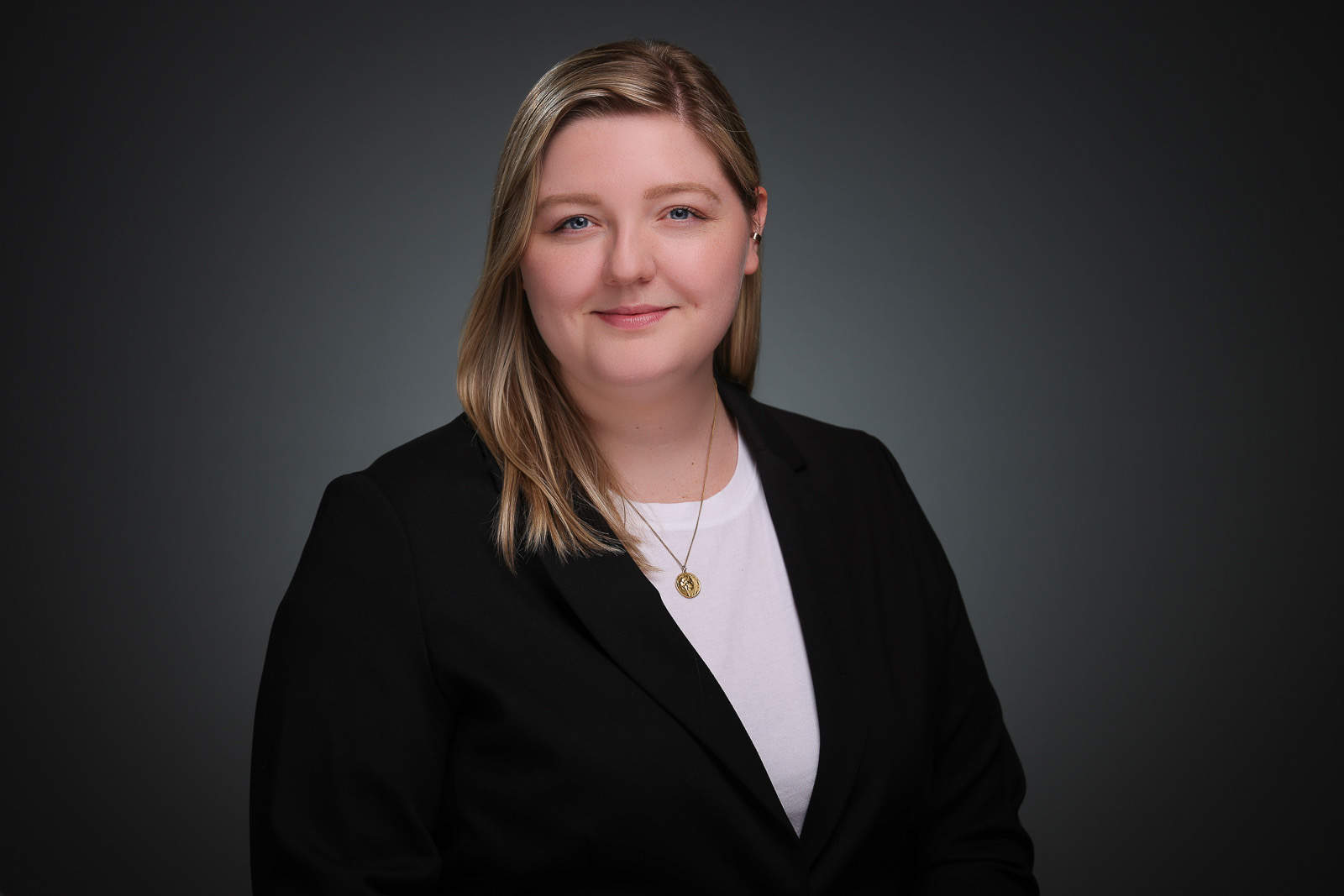Hannah Steer knows a thing or two about facing the odds. Her son was born three months prematurely, diagnosed with autism at three years old, and after years of waiting, Hannah’s son was approved for a life-changing Medicaid Innovations waiver.
“He needed more support than I alone could give him, so I placed him on the Medicaid Innovations waiver waiting list and believed every day that a brighter future was possible for him,” says Steer. “For 12 years, we waited for his name to rise on the waiver list. In the interim, Medicaid provided basic services, but it wasn’t enough to meet his unique needs.” Steer’s son needed resources like speech and occupational therapy—services that weren’t accessible through his school.
 “There were times when I didn’t think he would ever be approved for the waiver,” she said. “While we were waiting, I ended up having to pull my son out of the school system because there was an incident where my son was assaulted, and the school didn’t handle it right.” Steer says the incident left her son with a concussion and PTSD, and finding a placement for him was—and still is—challenging because the places where he could go are either very far from Steer or have long waitlists.
“There were times when I didn’t think he would ever be approved for the waiver,” she said. “While we were waiting, I ended up having to pull my son out of the school system because there was an incident where my son was assaulted, and the school didn’t handle it right.” Steer says the incident left her son with a concussion and PTSD, and finding a placement for him was—and still is—challenging because the places where he could go are either very far from Steer or have long waitlists.
Steer says that raising her son as a single mother has been an extraordinary challenge. “I grew up in a two-parent home,” she says. “I was used to seeing responsibilities shared and having a built-in support system, but suddenly I was carrying the weight of it all alone.”
But through every appointment, every decision, every sleepless night, Steer steeled her resolve. “I made a promise to myself and to my son that I would find a way, no matter how difficult the road ahead.”
While she was waiting for an update on the status of her son’s waiver, Steer says that her biggest win was being able to do some research and work directly with her son—and see some improvement throughout the process. “At the end of the day though, I’m not a speech or behavior therapist, and what my son really needed were the appropriate resources,” she says. “When we finally got the waiver, he was able to get an AAC device to assist him with speech and communication. It made a world of difference in our lives.”
But then, Steer herself lost Medicaid coverage. “I received a letter of termination in the mail, and I thought that as my son’s caretaker, I would still be eligible, but that wasn’t the case.” Steer called her local DSS to figure out what happened and what she could do, but she was told that the only way she would be eligible for Medicaid was if she had zero income.
The months where Steer had no health coverage were challenging. “I have my own health conditions to manage,” she says. “I enrolled in therapy, and I figured out ways to manage my health and stress—all while caring for my son, whose care is complex on its own.”
Eventually, Steer was able to access medical coverage. “To this day I don’t know why I lost coverage back then, but I know that I am eligible for Medicaid now because of Medicaid expansion.”
 As a parent and caregiver, and as a family with lived experiences with Medicaid, Steer says speaking up and sharing her story ensures that other families like hers can get the resources they need.
As a parent and caregiver, and as a family with lived experiences with Medicaid, Steer says speaking up and sharing her story ensures that other families like hers can get the resources they need.
“Zora Neale Hurston said that ‘if you are silent about your pain, they’ll kill you and say you enjoyed it,’” says Steer. “If I stay silent, then we just fade into the shadows and decisions will be made that don’t actually help us.”
“At the end of the day, Medicaid is built to assist those who need it, and at some point, we all pay taxes that contribute to it. It’s a great benefit that, if used correctly and if administered with families in mind, it helps all of us—and our communities—be healthy and thrive.”

